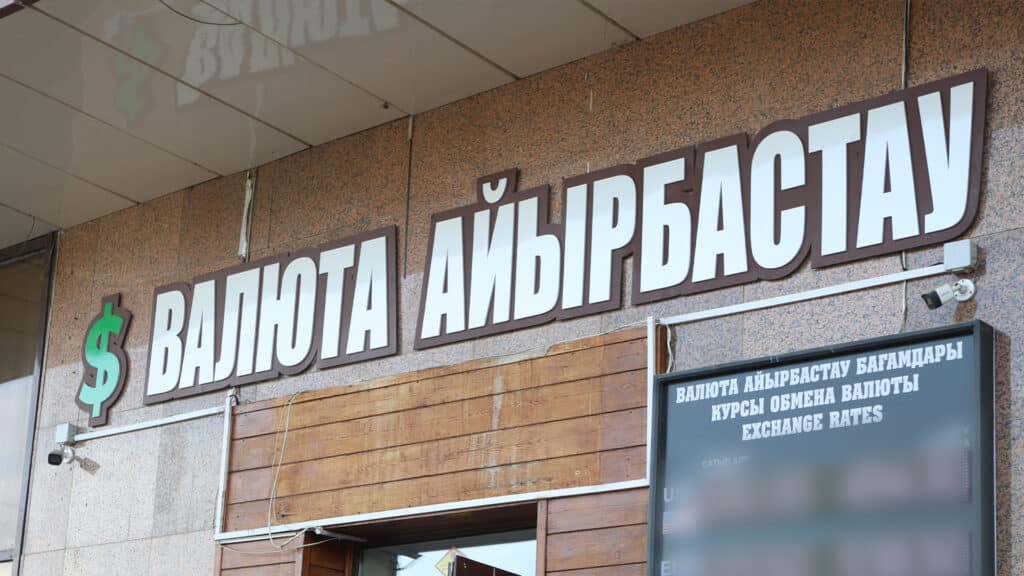Kazakhstan’s National Bank moves to ban currency rate displays, sparking backlash

Kazakhstan’s National Bank is set to prohibit exchange offices from placing currency rate boards on building facades and along roads, a move that has drawn criticism from industry representatives.
Archin Galimbaev, head of the Association of Exchange Offices of Kazakhstan, called the decision unreasonable, arguing that it would only complicate people’s lives.
On March 28, the National Bank published a draft decree on the Legalacts.egov.kz platform, proposing the ban on foreign exchange displays. The draft is open for public comment until April 14.
The regulator claims that currency rate boards are often placed along roads, on building facades, at crosswalks and near road signs, sometimes violating road safety regulations and distracting drivers.
«I would like to see statistics from the National Bank on accidents or other incidents caused by these boards. I am sure that no such statistics exist,» Galimbaev told Kursiv.media.
As a counterpoint, he cited large gas station price displays, which, despite their size, are not considered a distraction.
«The lack of visible exchange office information will make it harder for people to find them. To check the rates, customers will have to park, enter the exchange office, and only then find out the rates. If the rates aren’t acceptable, they’ll have to repeat this process at another location,» he added.
Galimbaev also noted that exchange offices pay a monthly tax for displaying currency rate boards.
«Apparently, there’s plenty of money in the budget since the state is willing to forgo this tax revenue,» he said.
The expert claimed that the National Bank aims to prevent citizens from closely tracking exchange rate fluctuations.
«After all, if you don’t look at what bothers you, it doesn’t bother you,» he remarked.
Galimbaev also recalled that the regulator previously linked rising crime rates to 24-hour exchange offices, which led to a ban on nighttime operations. However, he argued that security concerns should be addressed by law enforcement, not the financial regulator.
If approved, the new rules will take effect for exchange offices starting in August 2025.

